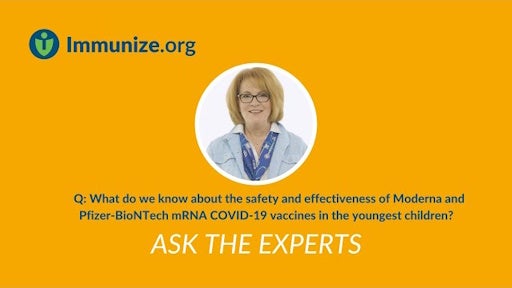- COVID-19
- Disease Issues
What is COVID-19?
COVID-19 is the name given to the disease caused by infection with the SARS-CoV-2 coronavirus. This virus was first detected as a cause of human illness in late 2019 in Wuhan, China, and triggered a global pandemic that began in 2020. The virus spreads mainly from person to person through respiratory droplets and small particles produced when an infected person coughs, sneezes, or talks. The virus spreads easily in crowded or poorly ventilated indoor settings. Some people who are infected have no symptoms of illness, while the severity of symptomatic illness ranges from mild to life-threatening. Older adults and people of any age with underlying medical conditions are at higher risk for severe illness.
The incubation period after exposure ranges from 2–14 days, with an average of about 5 days. People with COVID-19 are generally considered potentially infectious up to 48 hours before symptom onset and up to 10 days after onset, though people with severe illness may be infectious longer. Symptoms may include fever or chills, cough, shortness of breath or difficulty breathing, fatigue, muscle or body aches, headache, new loss of taste or smell, sore throat, congestion or runny nose, nausea or vomiting, and diarrhea.

